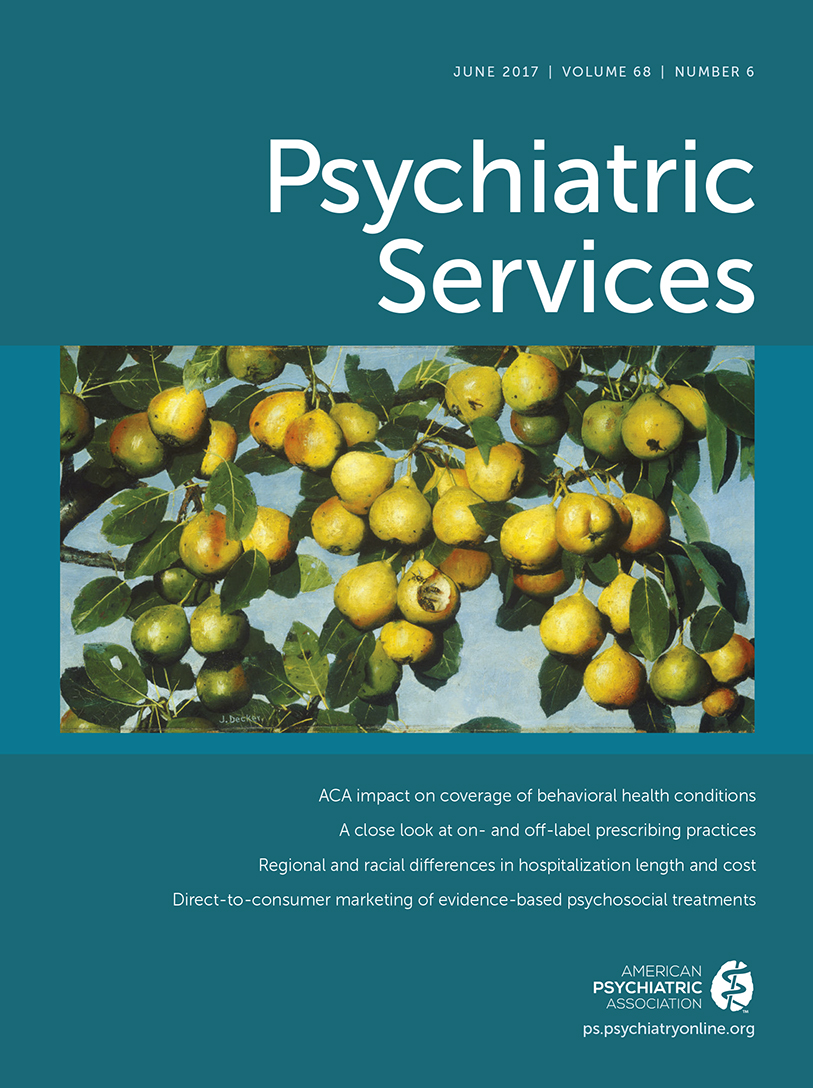Addressing Mental Health Needs: Perspectives of African Americans Living in the Rural South
Abstract
Objective:
Rural African Americans are disproportionately affected by social stressors that place them at risk of developing psychiatric disorders. This study aimed to understand mental health, mental health treatment, and barriers to treatment from the perspective of rural African-American residents and other stakeholders in order to devise culturally acceptable treatment approaches.
Methods:
Seven focus groups (N=50) were conducted with four stakeholder groups: primary care providers, faith community representatives, college students and administrators, and individuals living with mental illness. A semistructured interview guide was used to elicit perspectives on mental health, mental health treatment, and ways to improve mental health in rural African-American communities. Inductive analysis was used to identify emergent themes and develop a conceptual model grounded in the textual data.
Results:
Stressful living environments (for example, impoverished communities) and broader community-held beliefs (for example, religious beliefs and stigma) had an impact on perceptions of mental health and contributed to barriers to help seeking. Participants identified community-level strategies to improve emotional wellness in rural African-American communities, such as providing social support, improving mental health literacy, and promoting emotional wellness.
Conclusions:
Rural African Americans experience several barriers that impede treatment use. Strategies that include conceptualizing mental illness as a normal reaction to stressful living environments, the use of community-based mental health services, and provision of mental health education to the general public may improve use of services in this population.




